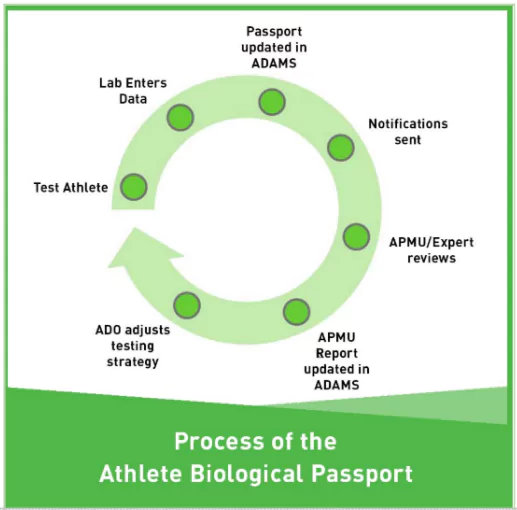![]() 14 Dec 2024
14 Dec 2024

The World Anti-Doping Agency (WADA) has approved the National Dope Testing Laboratory (NDTL) as an Athlete Passport Management Unit (APMU) to oversee the Athlete Biological Passport (ABP) program.

<div class="new-fform">
</div>